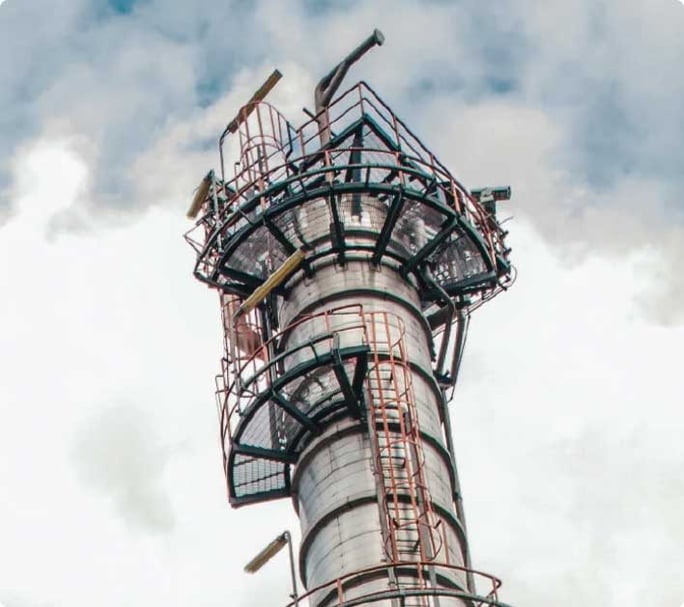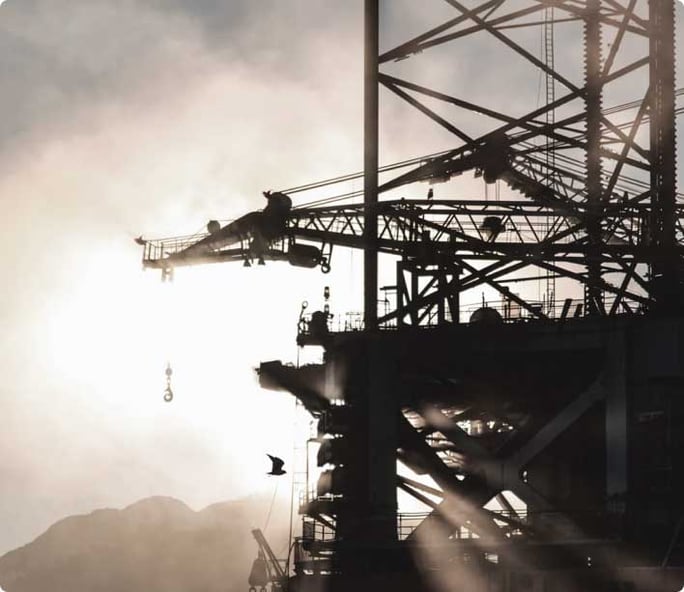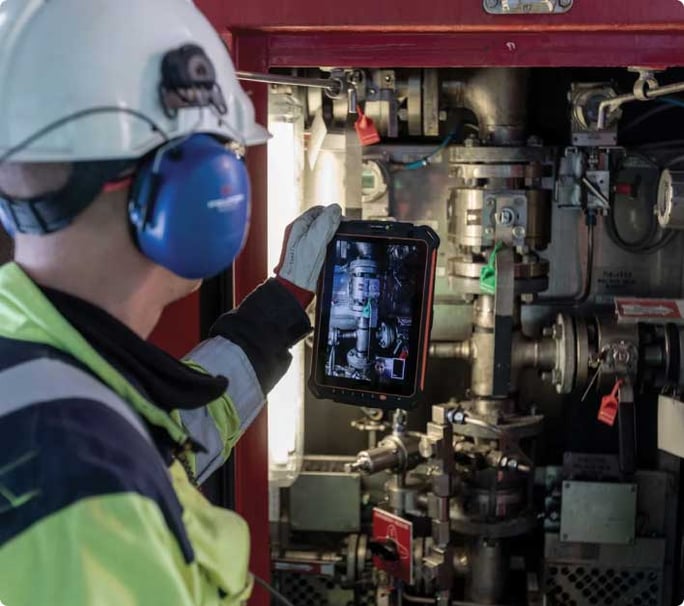The Mother of [Re]Invention
The year 2020 forced certain industrial sectors, once seemingly invincible, to grapple with their mortality. The economy was shattered. Oil prices fell below zero for the first time in history. Airline stocks bottomed out. Millions of jobs were lost.
Worst case scenarios were no longer just hypotheticals: they would be distinct possibilities without massive efforts to transform, to address vulnerabilities, build resilience, and further digitalize. In fact, had the pandemic happened just 10 or 20 years earlier, before the advent of the technology that saved lives, jobs, and markets, we could have seen far worse.
Suddenly, once-analog traditional industries like oil and gas, manufacturing, and power and utilities, began adopting digital tools at a faster pace.
Covid-19 forced most workers home, so we tested remote work en masse—and largely with success. We also piloted remote operations and learned more about honing technology to create real value out of industrial data. Necessity was the mother of a wide-scale reinvention.
Meanwhile, these same industries started to address public and financial pressure to own up to environmental impact and unchecked emissions.
After all, unprecedented climate-related disasters were playing out before our eyes, adding insult to the pandemic’s injury, holding our gaze on frightening truths. Australia, California, and Colorado burned. Power grids were compromised. A record number of hurricanes hit the US Gulf Coast. Southeast Asia dealt with record floods. Siberia melted.
Eyes Wide Open
However jarring these realizations, opportunities come from having our eyes wide open. The collective progress that industrial companies made in 2020 came largely out of necessity and a real sense of urgency, but were nonetheless impressive. By and large, digital transformation is no longer seen as an overused PR term, nor a risky CAPEX move.



